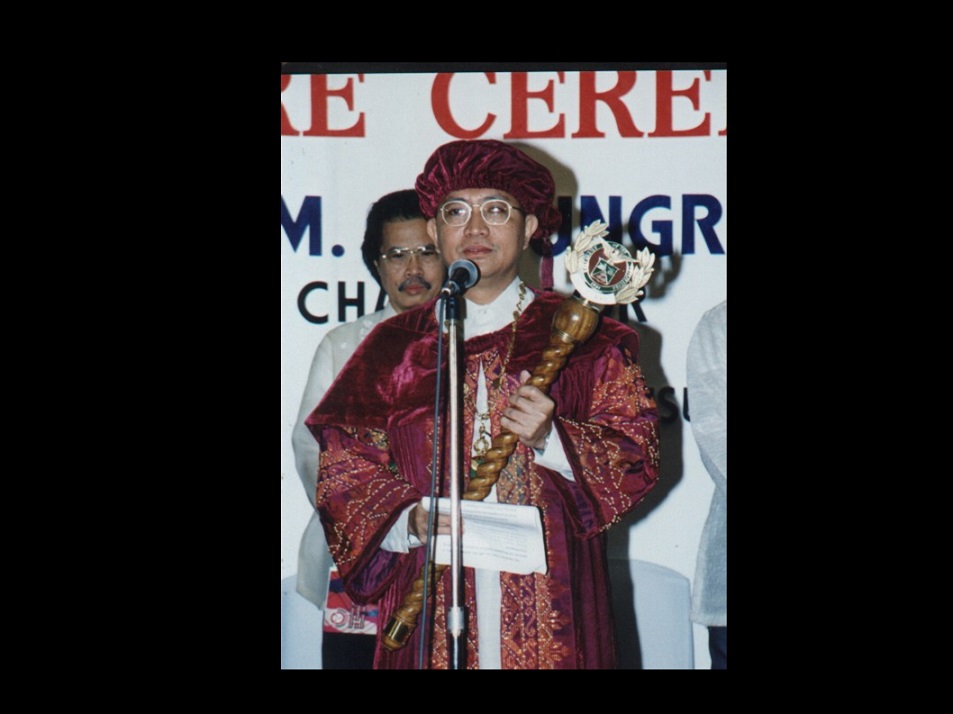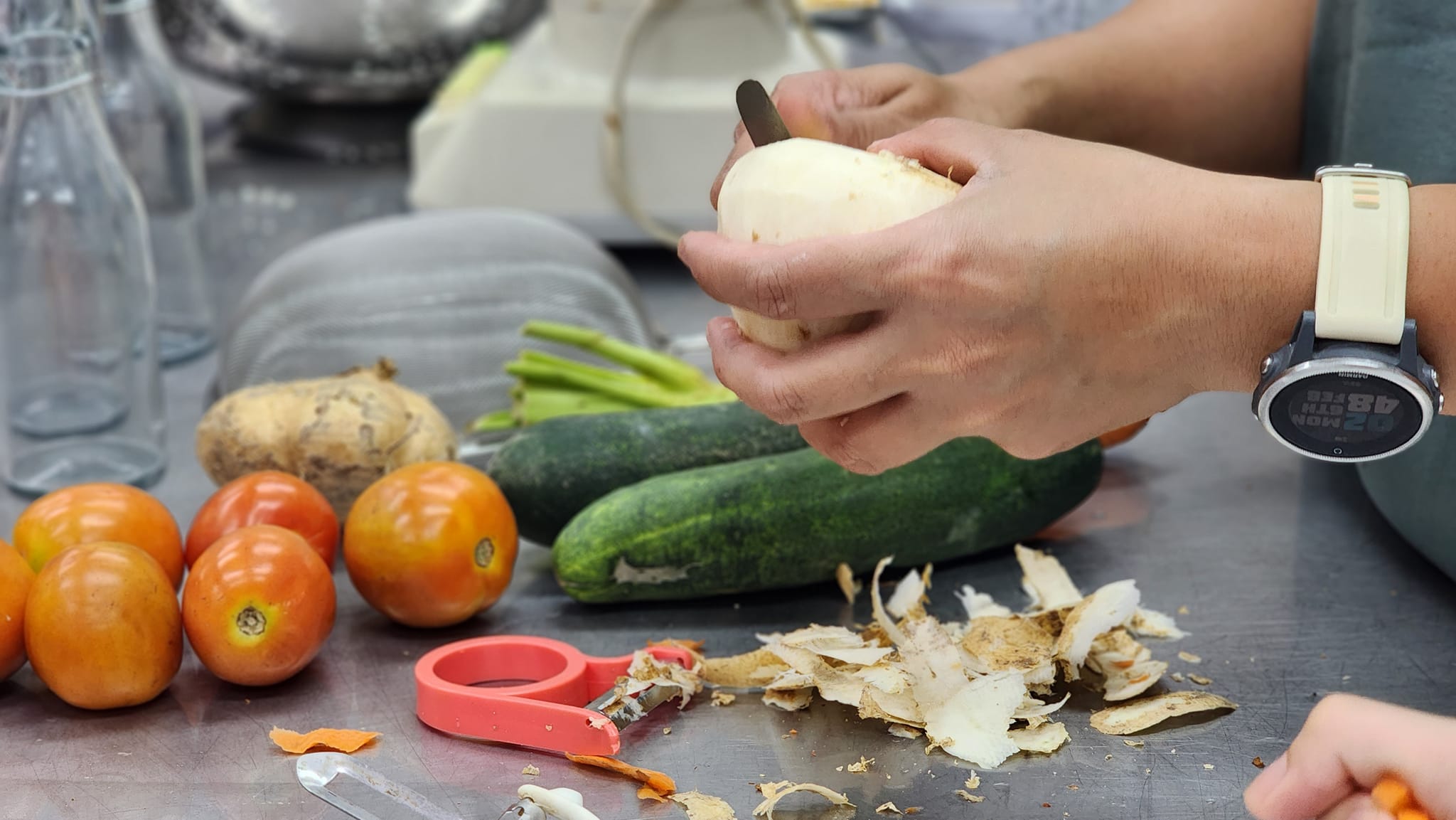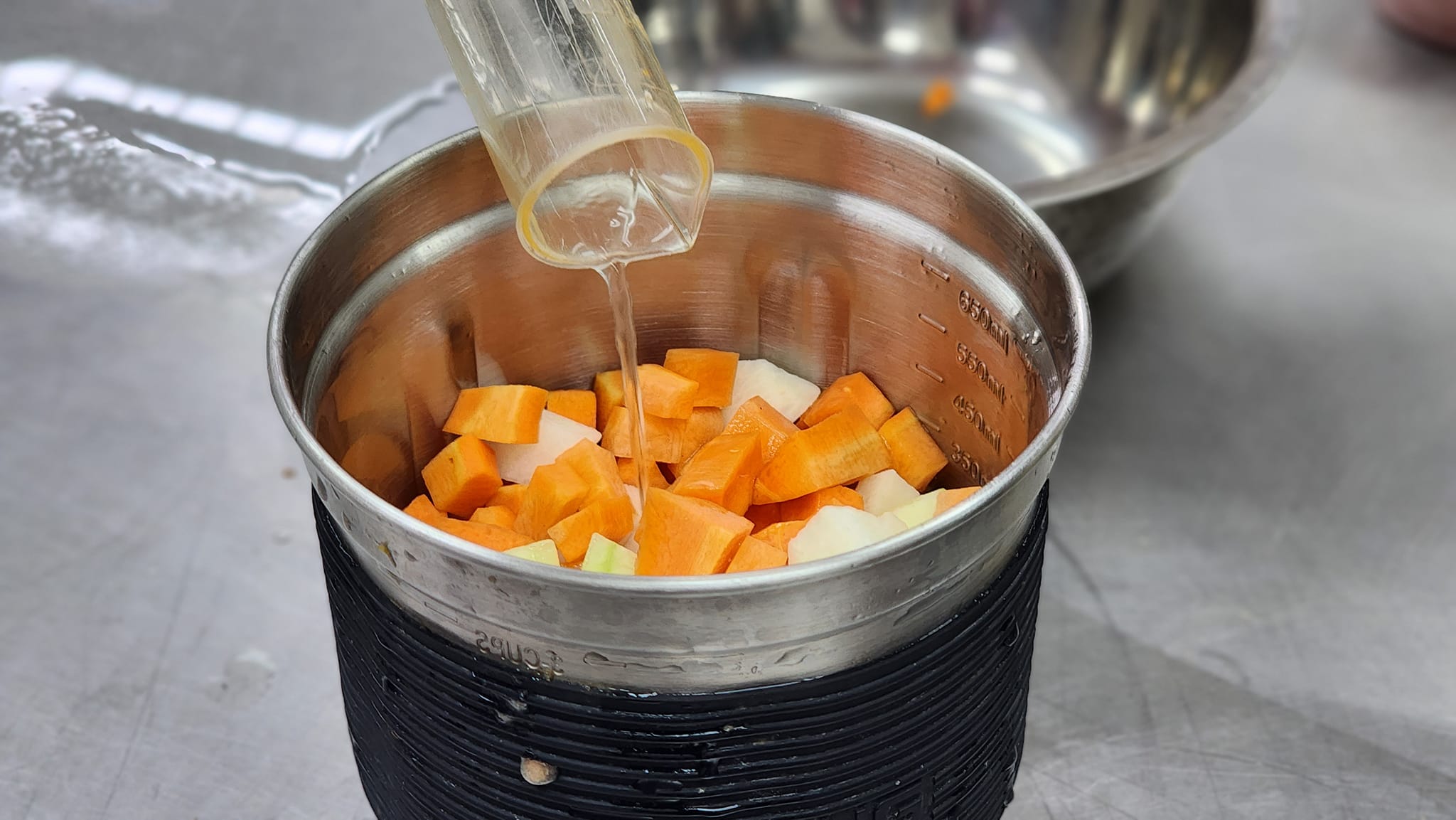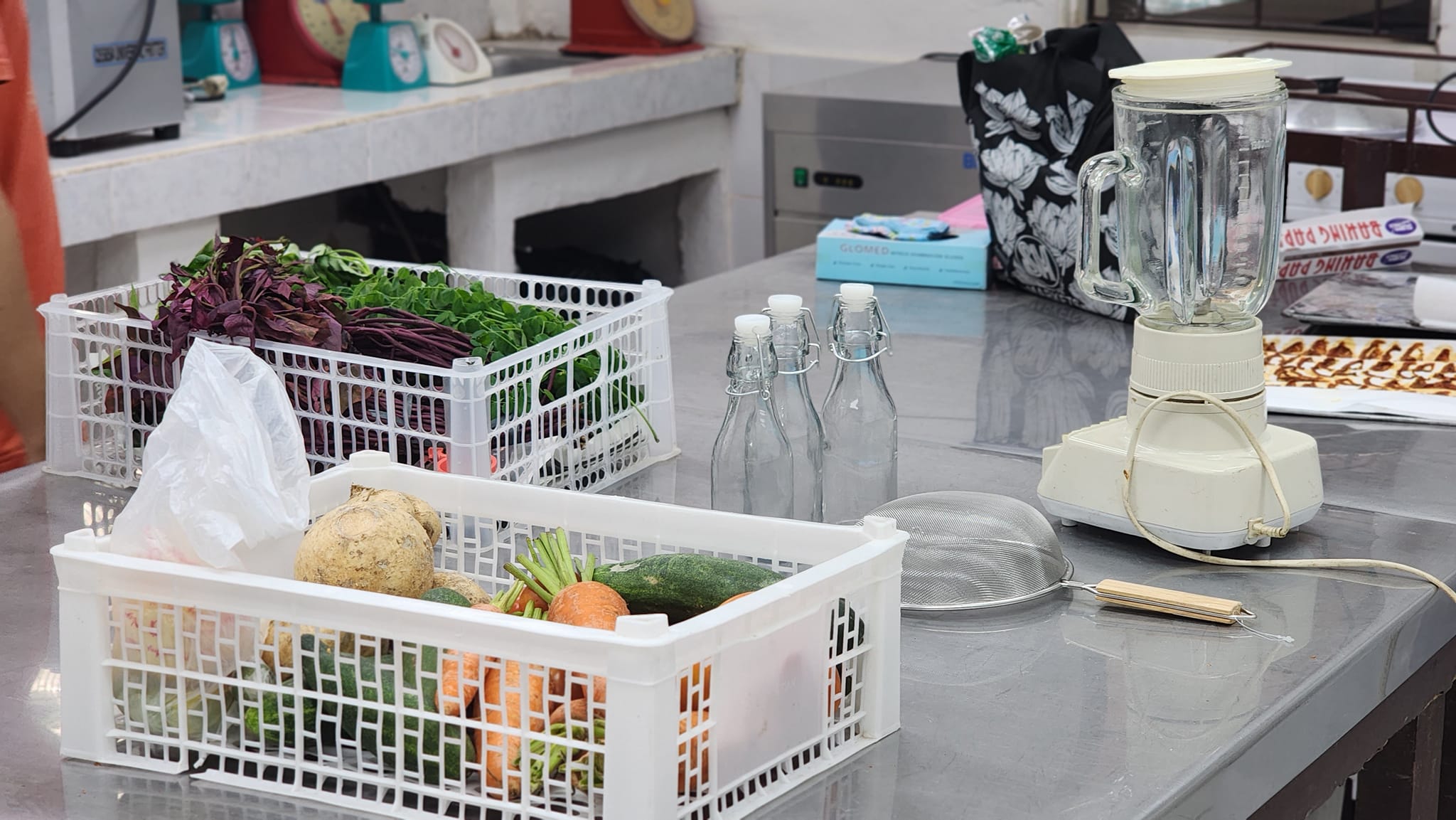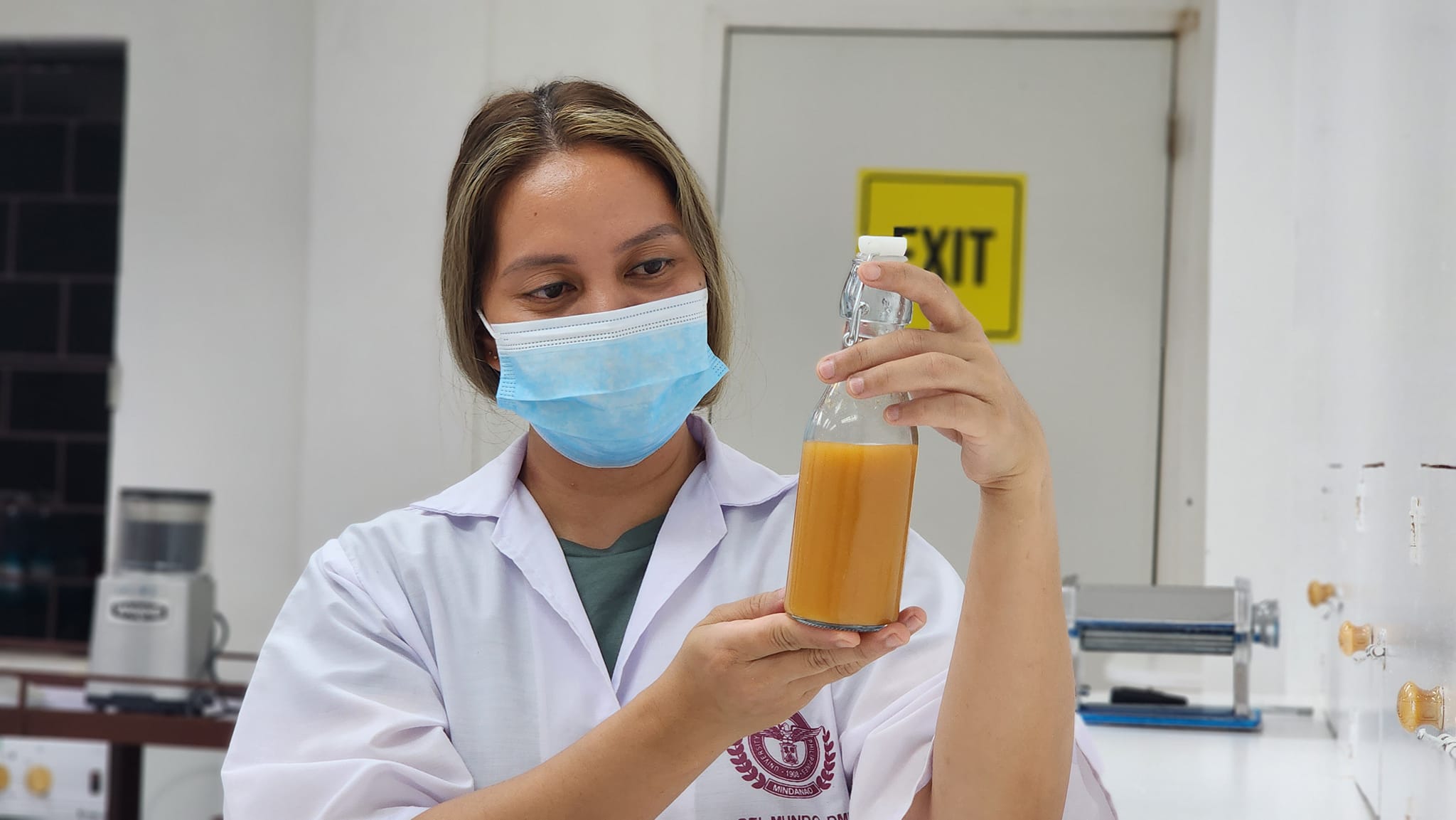Rabies Research Team awarded in Pasidungog 2023: Garbo sa Dabaw
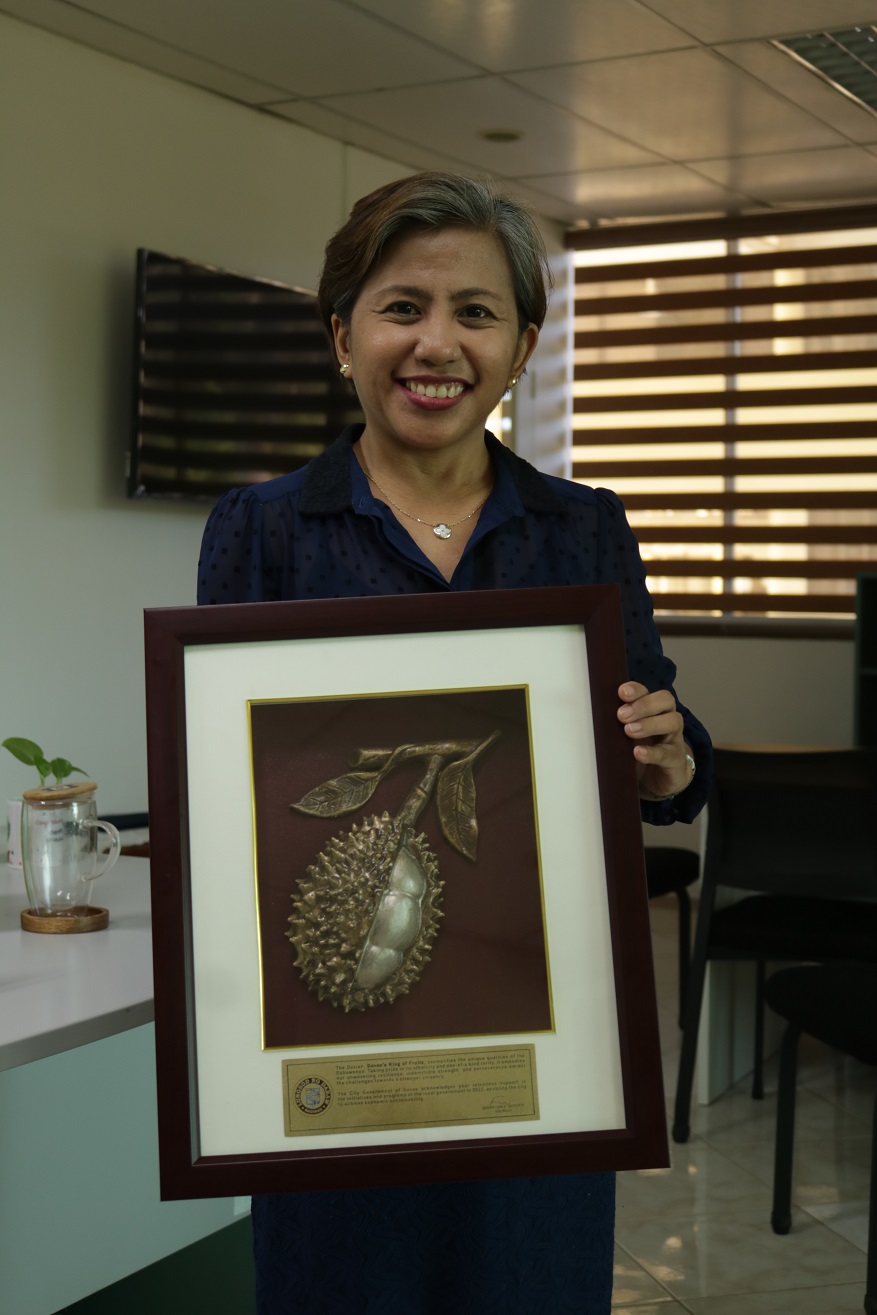 The University of the Philippines Mindanao (UPMin) 's Rabies Research team was an awardee in Pasidungog 2023: Garbo sa Dabaw, an 86th Araw ng Dabaw event. UPMin Chancellor and Professor of Virology Lyre Anni E. Murao received the award on behalf of the Team in ceremonies held on March 8, 2023, at Acacia Hotel in Davao City. "The City Government of Davao acknowledges your relentless support in the initiatives and programs of the local government in 2022, enabling the city to achieve economic sustainability," stated City Mayor Sebastian Z. Duterte in the award.
The University of the Philippines Mindanao (UPMin) 's Rabies Research team was an awardee in Pasidungog 2023: Garbo sa Dabaw, an 86th Araw ng Dabaw event. UPMin Chancellor and Professor of Virology Lyre Anni E. Murao received the award on behalf of the Team in ceremonies held on March 8, 2023, at Acacia Hotel in Davao City. "The City Government of Davao acknowledges your relentless support in the initiatives and programs of the local government in 2022, enabling the city to achieve economic sustainability," stated City Mayor Sebastian Z. Duterte in the award.
Dr. Cerelyn B. Pinili of the City Veterinarian's Office (CVO) nominated the UPMin Team for contributing to the CVO's efforts in 2022. The nomination cited the UPMin Team's "continuing rabies research, delivery of training for CVO personnel, the policy recommendations contributing to the city ordinance on responsible pet ownership, and the RabCast Rabies Dashboard that helped in the planning and implementing the CVO's rabies control interventions."
The UPMin rabies research started in 2018 with the Synoptic Study on Transmission and Optimal Control to Prevent (STOP) Rabies. This research program, led by Professor Murao, brought together experts from the fields of biomathematics, economics, human health science, and veterinary medicine to do research for a rabies-free Philippines, with Davao City as a case study. It was funded by the Commission on Higher Education's Discovery Applied Research and Extension for Trans/Interdisciplinary Opportunities (CHED DARE TO). In addition, UPMin collaborated with the CVO, Davao Medical School Foundation, Inc., Davao City Health Office, and participating NGOs. The STOP Rabies program produced policy recommendations to support the LGU's actions in preventing rabies spread and minimizing human rabies incidence and information, education, and communication (IEC) materials for the CVO campaigns.

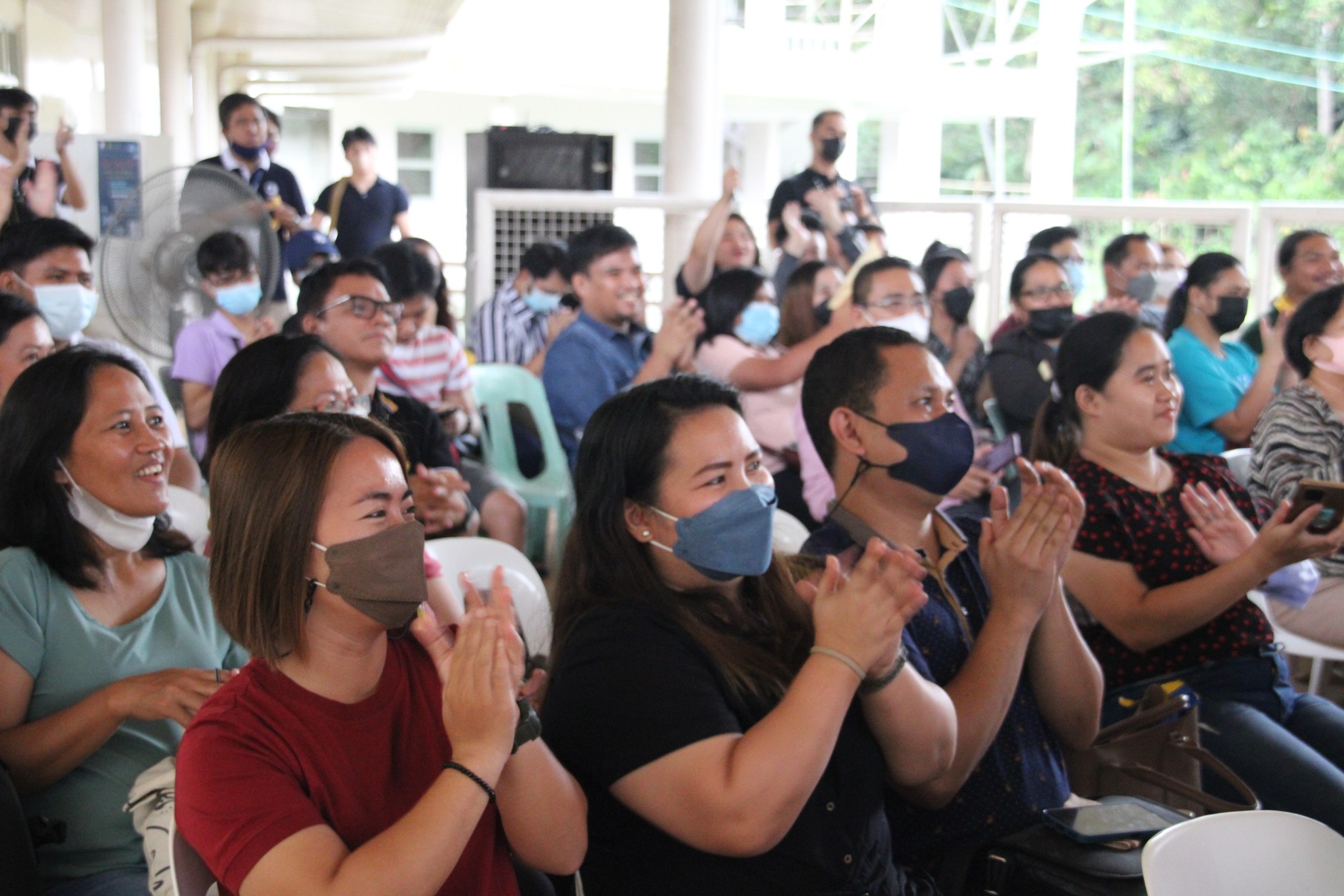
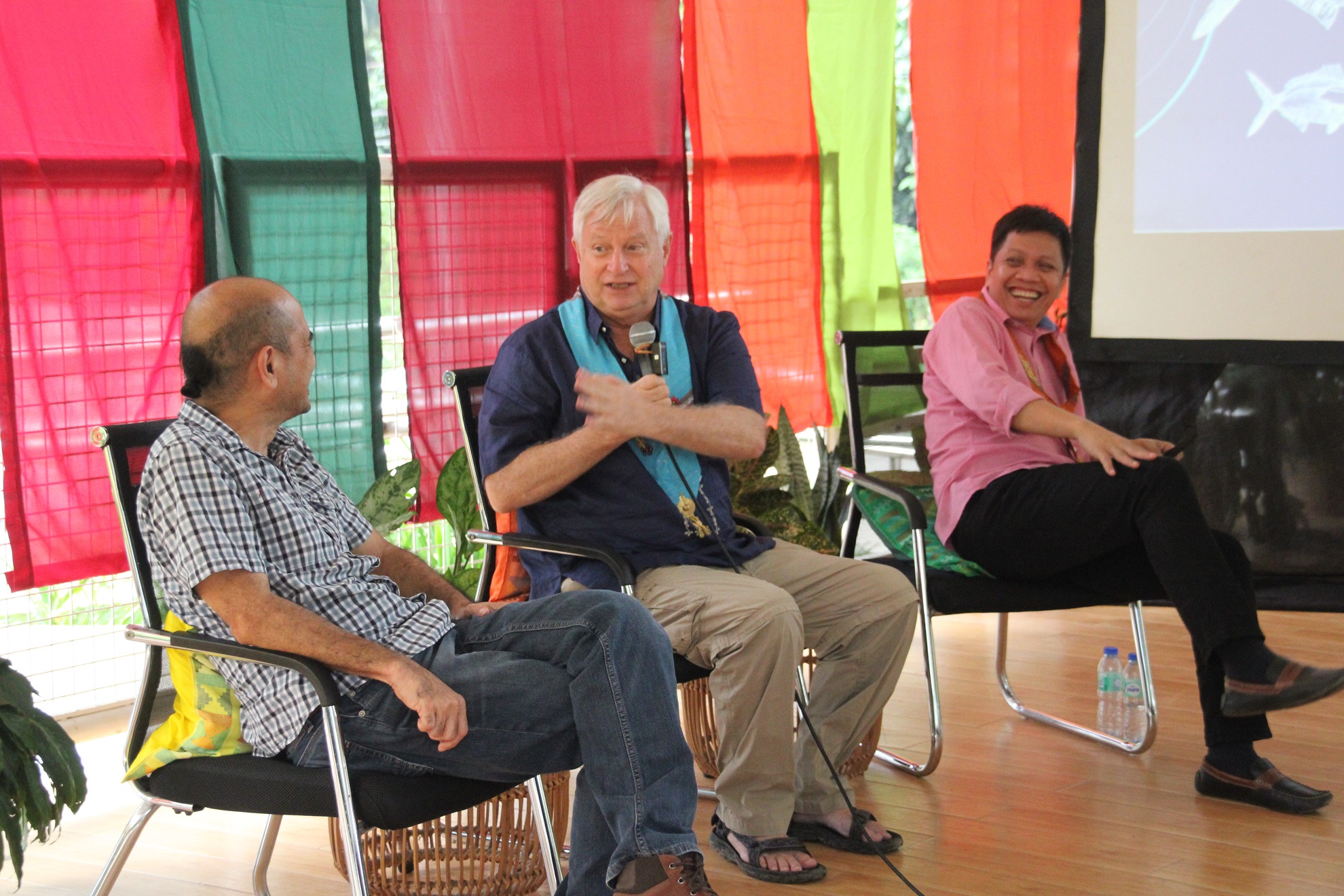
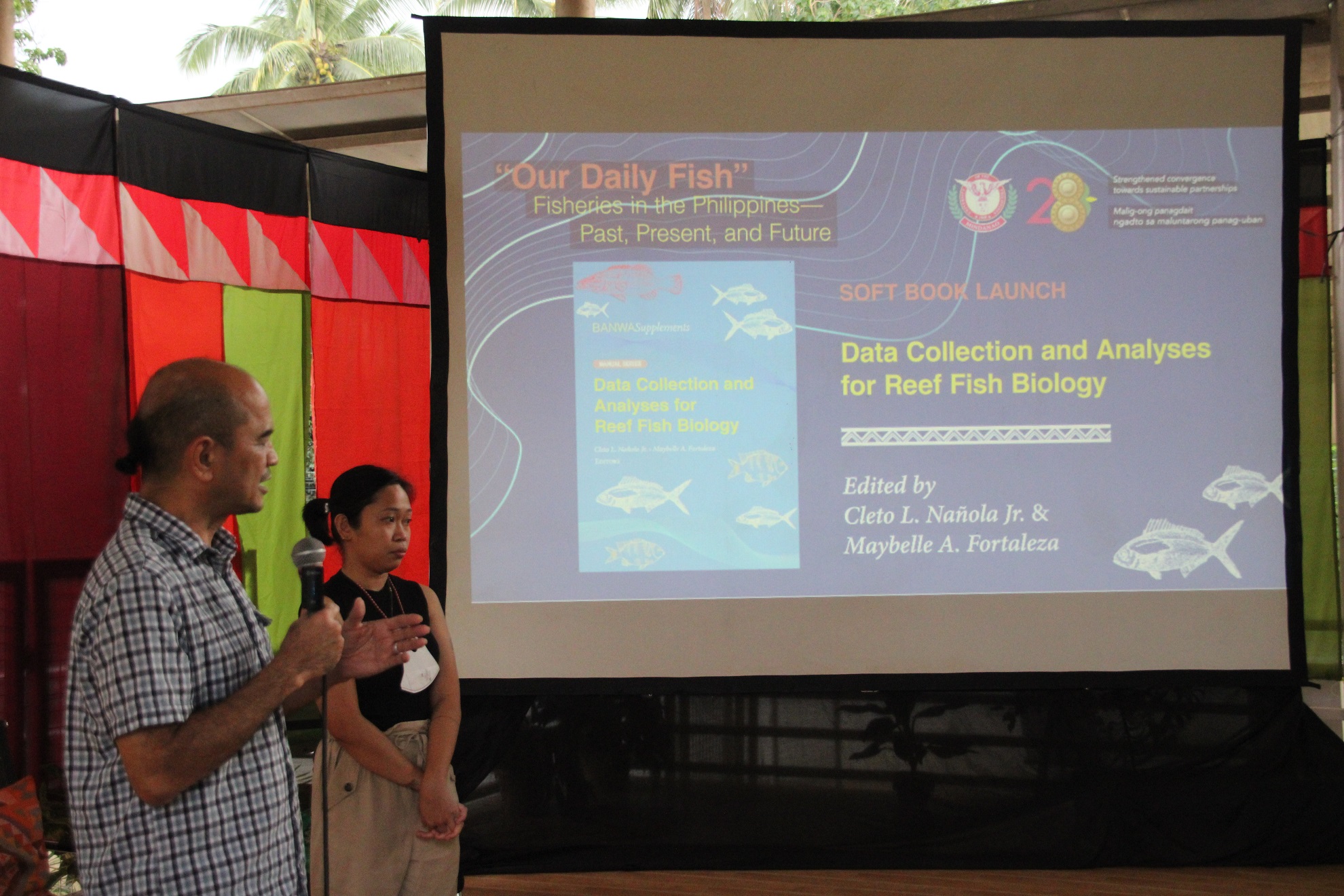
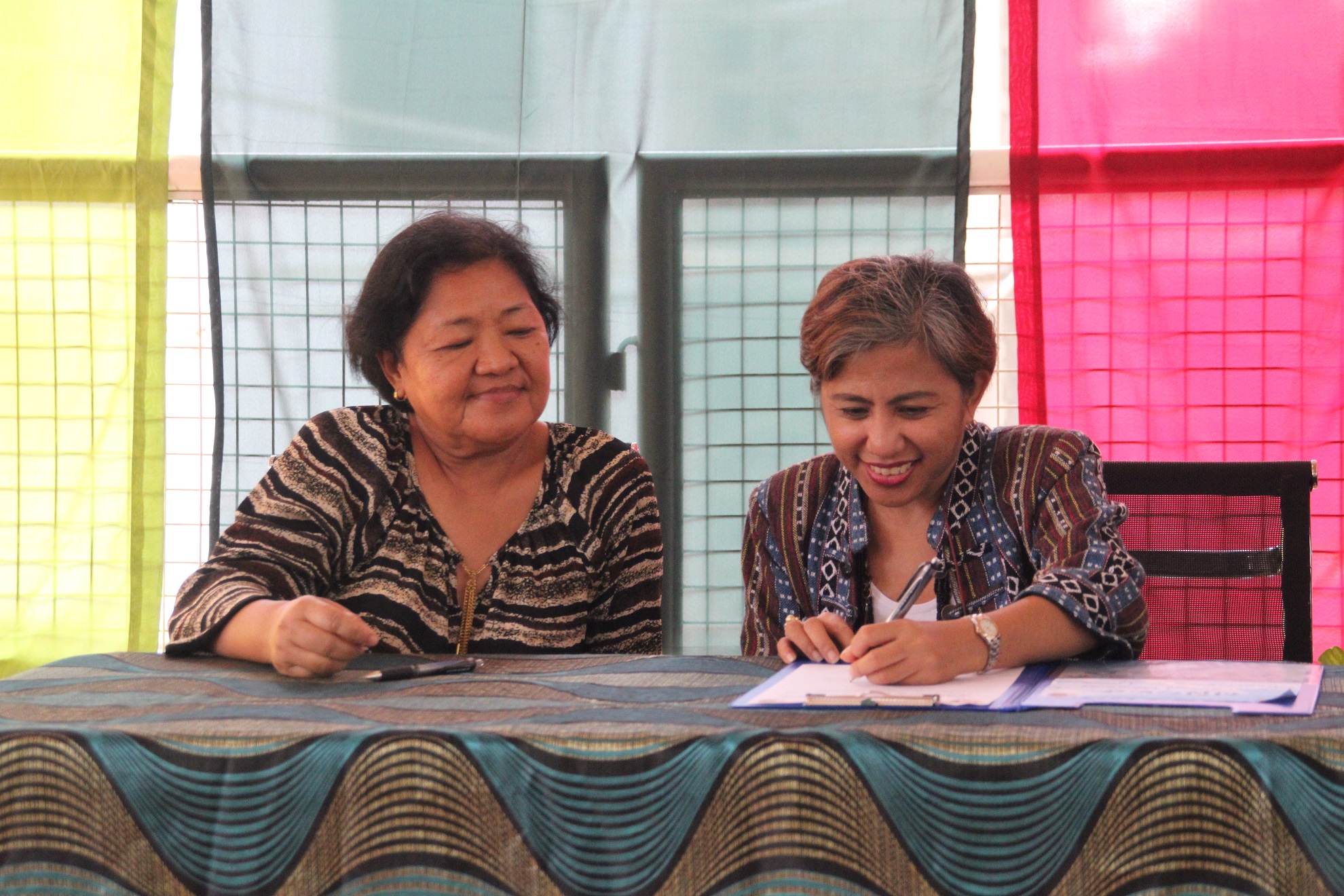
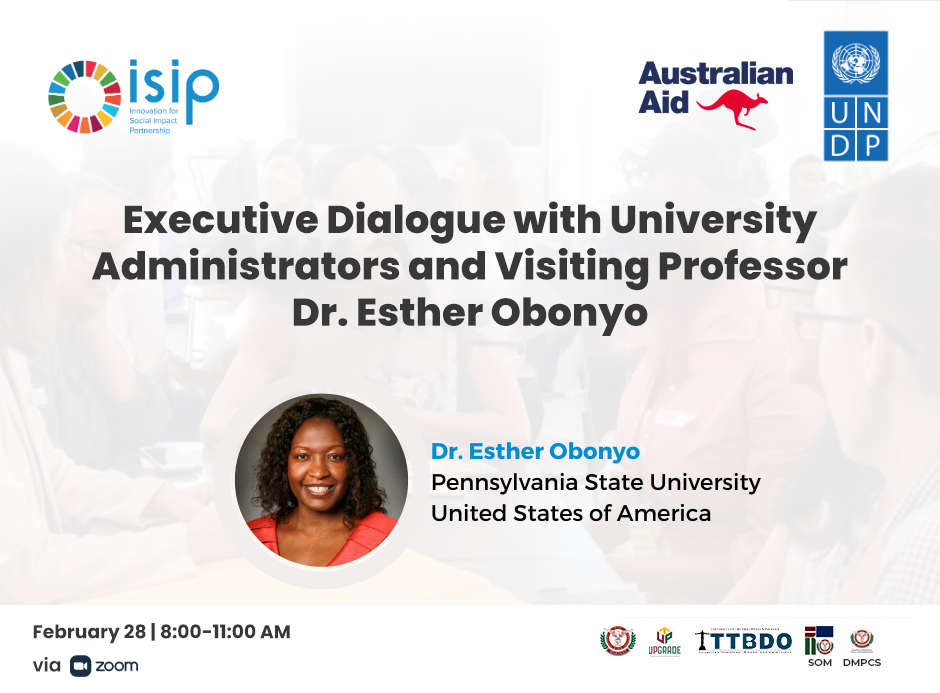 UP Mindanao is one of the Higher Education Institution (HEI) partners of the United Nations Development Programme (UNDP) Innovation for Social Impact Partnership Project (ISIP Project). As such, it is one of the Universities to undergo a Visiting Professor Program organized by ISIP. The objectives of the Visiting Professor Program are to further capacitate HEIs as strategic hubs for innovation and social impact and to support the growth and improvement of University-based startup enterprises with a clear social impact.
UP Mindanao is one of the Higher Education Institution (HEI) partners of the United Nations Development Programme (UNDP) Innovation for Social Impact Partnership Project (ISIP Project). As such, it is one of the Universities to undergo a Visiting Professor Program organized by ISIP. The objectives of the Visiting Professor Program are to further capacitate HEIs as strategic hubs for innovation and social impact and to support the growth and improvement of University-based startup enterprises with a clear social impact. 